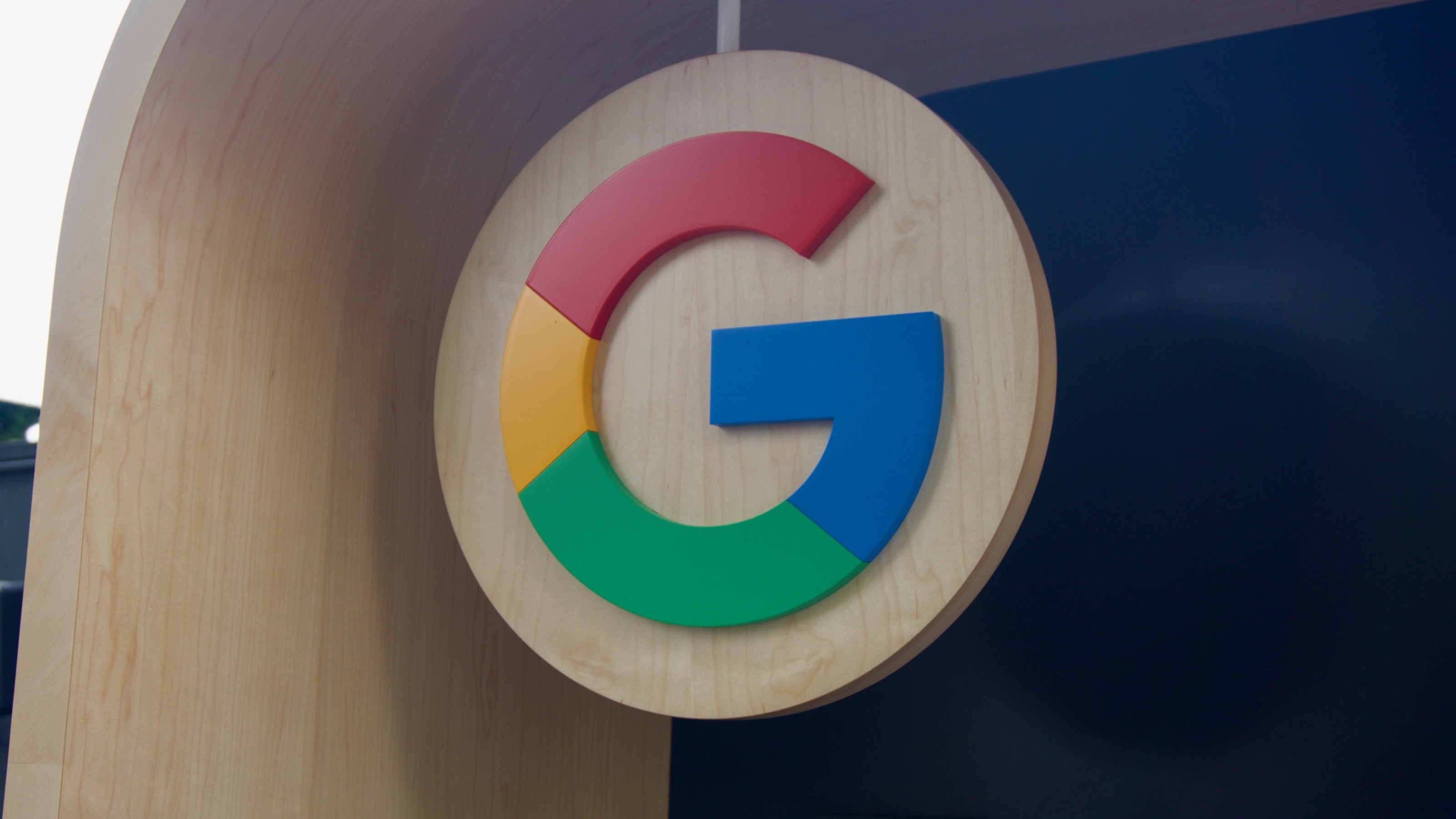Google, Meta, Qualcomm, and others form a group striving for interoperability in the EU
The coalition might be hoping to build open systems on its own terms.

What you need to know
- Google, Meta, Qualcomm, and seven more big tech companies are forming a Coalition for Open Digital Ecosystems (CODE).
- The new group will develop plans for open digital ecosystems in the EU.
- Though it isn't explicitly stated, it's likely these companies would rather develop open standards on their own terms — without government mandates.
The European Union has been having its way with big tech companies of late, issuing fines, creating regulations, and enacting mandates. After rolling over to the EU on more than a few occasions, big tech now has a new strategy: if you can't beat them, join them (sort of). Ten of the biggest consumer tech companies, including Google, Meta, and Qualcomm, are forming a new group that will strive for open digital ecosystems — which is exactly what the EU wanted.
The newly-formed bloc is called the Coalition for Open Digital Ecosystems (CODE), and it says it has a goal of promoting open platforms in the EU, as reported by Reuters. However, the move likely is intended to get ahead of the Digital Markets Act, which is going to mandate certain levels of interoperability starting next year.
Perhaps the coalition, which includes Lenovo, Nothing, and Motorola, took notice of how Apple defended against a threat to iMessage just last month. In a surprise twist, Apple announced support for RCS messaging would come to the iPhone next year, improving interoperability with Android users. iMessage will still be exclusive to iPhone, but the move may have appeased the EU: latest reports indicate the EU is leaning against forcing iMessage to be cross-platform.
CODE said it will "work with academics, policymakers, and ecosystem companies to provide evidence-based thought leadership on the topic of digital openness and how it can be delivered in Europe, through the implementation of the Digital Markets Act and in future EU regulatory framework developments," according to a press release viewed by Fortune.
"What 'good' looks like when it comes to digital ecosystems in Europe, what fosters innovation, and what will positively impact competitiveness. We think openness is the crucial element," Lynx founder Stan Larroque said in a statement.https://t.co/V4bxCvRwpHDecember 13, 2023
The press release specifically calls out the DMA, which is a new piece of legislation that could require some platforms to be opened up. Under the DMA, the EU can designate a company as a "gatekeeper." This title refers to companies that control access to a service, like Apple, Google, or Microsoft.
Then, the EU can designate a gatekeeper's service as a "core platform service," which is a bit more specific. These are services that are crucial to connecting customers and businesses in the EU, such as an app store. If a service is given the "core platform service" distinction, it is required to be available on all platforms or that the platform be opened up in some form.
Apple has gotten ahead of EU mandates with its decisions to add USB-C to the iPhone and add RCS support to the iPhone. CODE will probably try to do the exact same thing for its companies.
Be an expert in 5 minutes
Get the latest news from Android Central, your trusted companion in the world of Android
Though the coalition may actually create new systems that foster interoperability, it's also probable that these companies would prefer to have the autonomy to do it on their own rather than be told what to do by the EU.

Brady is a tech journalist for Android Central, with a focus on news, phones, tablets, audio, wearables, and software. He has spent the last three years reporting and commenting on all things related to consumer technology for various publications. Brady graduated from St. John's University with a bachelor's degree in journalism. His work has been published in XDA, Android Police, Tech Advisor, iMore, Screen Rant, and Android Headlines. When he isn't experimenting with the latest tech, you can find Brady running or watching Big East basketball.
